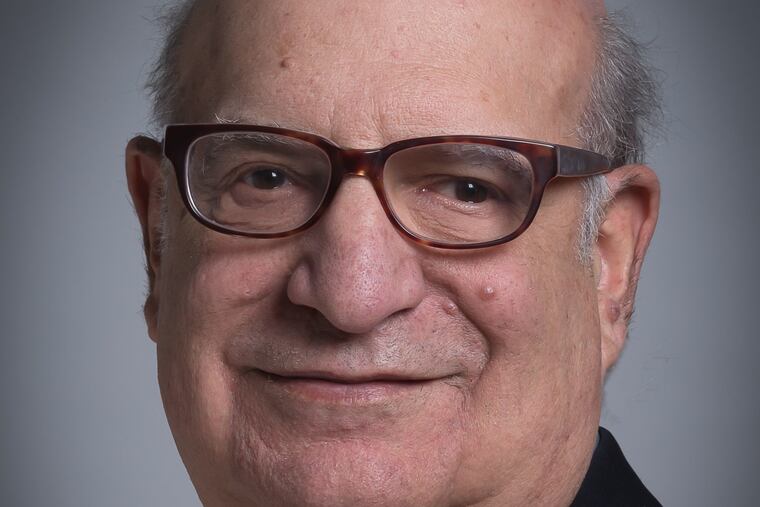Charles Bosk, 72, studied ways to reduce errors in medicine
Sociologist Charles Bosk's granular research in a hospital surgical wing found a collaborative culture is key to reducing medical errors.

Charles L. Bosk, 72, of Narberth, a University of Pennsylvania sociologist who studied how to reduce medical mistakes by fostering a collaborative hospital culture free of blame and recrimination, died Sunday, Aug. 30, of a heart attack at his home.
Colleagues said his first book, Forgive and Remember: Managing Medical Failure, remains a classic in the field four decades after its initial publication. It was written after he spent months embedded in the surgical wing of a hospital in the Western United States.
“He used to say you could only get so far by interviewing people,” said Princeton University sociologist Elizabeth Mitchell Armstrong, a former graduate student of Dr. Bosk’s. “You can ask people to tell you what they do. But how you really learn what they do is by watching them do it.”
While many patient-safety experts called for high-tech gadgetry and detailed checklists to help hospitals eliminate mistakes, Dr. Bosk warned that such solutions were bound to fail without a cooperative environment. Institution-wide training was needed so that nurses and technicians felt empowered to point out problems and doctors felt compelled to listen, he found.
He argued that some level of medical error was inevitable, and that the key was to maintain a humane environment for patients and providers alike, Armstrong said.
“He would say there’s an endless number of mistakes you can make the first time,” said another former Bosk graduate student, Rutgers University sociologist Joanna Kempner. “He would talk to people about making better mistakes.”
Dr. Bosk grew up in northwest Baltimore, where he and brother Harry shared a bedroom with a view of the restaurant that inspired the 1982 movie Diner. Their father, Morris, was a bartender who stopped going to school after eighth grade, and their mother, Mildred, went to night school to get her high-school diploma and worked as a clerk-typist for the Social Security Administration. Yet it was understood that the boys would go to college, Harry Bosk said.
“There was no other option,” he said.
Dr. Bosk attended Wesleyan University and then, as a conscientious objector to the Vietnam War, fulfilled his service obligation by working as an aide in a mental hospital. He went on to the University of Chicago, earning his Ph.D. in sociology in 1976 before joining the faculty at Penn.
Forgive and Remember was first published in 1979; surgical trainees read it to this day, recognizing themselves in its pages of clear prose, Princeton’s Armstrong said. Dr. Bosk’s later works included All God’s Mistakes: Genetic Counseling in a Pediatric Hospital — published in 1992, when genetic counseling was in its infancy.
He held a variety of appointments at other institutions, including a visiting professorship at Johns Hopkins University. In 2013, he was elected to the Institute of Medicine, now called the National Academy of Medicine.
In addition to his brother, he is survived by his wife, Marjorie; daughters Emily and Abigail; and two grandsons He was a devoted grandfather, hosting the two boys for a sleepover the night before he died.
“He fixed them pancakes in the morning,” Harry Bosk said.
A funeral was held Wednesday, Sept. 2.